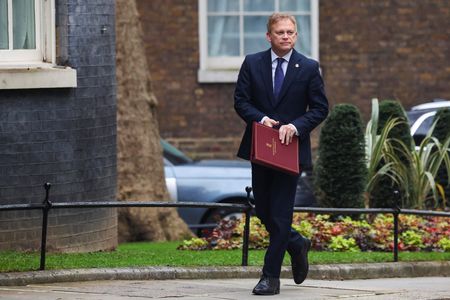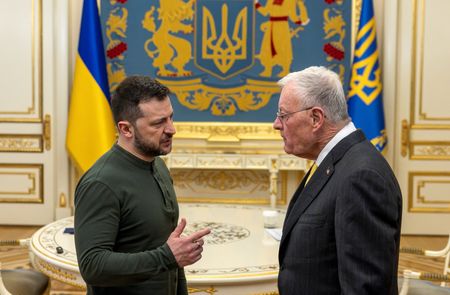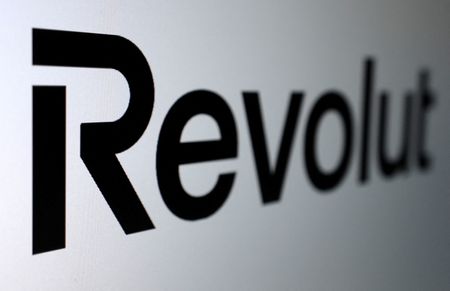LONDON (Reuters) -A British man offered personal information about former defence minister Grant Shapps to Russian intelligence for money, prosecutors said on Wednesday at the start of his trial for a National Security Act offence.
Howard Phillips is accused of offering Shapps’ home address and phone number to two people he believed were Russian agents, but were in fact British undercover officers.
The 65-year-old denies one count of engaging in conduct intended to materially assist a foreign intelligence service, a crime that carries a potential sentence of up to 14 years in jail.
His trial began at Winchester Crown Court on Wednesday, when prosecutor Jocelyn Ledward said Phillips offered to help Russian intelligence “not necessarily for ideological reasons or because he sympathised with the Russian state”.
Ledward said Phillips had sought to carry out “easy – and, perhaps, interesting or exciting – work for easy money”.
Phillips in October 2023 applied for a job with the United Kingdom’s Border Force and was approached in March 2024 by purported Russian agents, using the names Sasha and Dima, Ledward said.
She added that Phillips maintained his job application despite his apparent contact with Russian agents in the belief the job “might give him access to information that he could later provide”.
Ledward said Phillips was asked to save a file onto a clean USB stick, stating what he could offer and why, and hide it inside a parked bicycle on a London street in April 2024.
The document stated that Phillips could “facilitate the collection of an operative from any port of entry, provide them with safe harbor, travel, assistance and return them to a designated place of embarkation undetected”.
Phillips met Sasha and Dima in a London hotel later that month, and then met Dima in May 2024, saying he knew Shapps’ home address, telephone number and where his private plane was kept as he had visited Shapps’ house, Ledward said.
Phillips, whose trial is due to take up to three weeks, is also accused of offering logistical support, booking a hotel and buying a mobile phone for a foreign intelligence service.
(Reporting by Sam Tobin)











